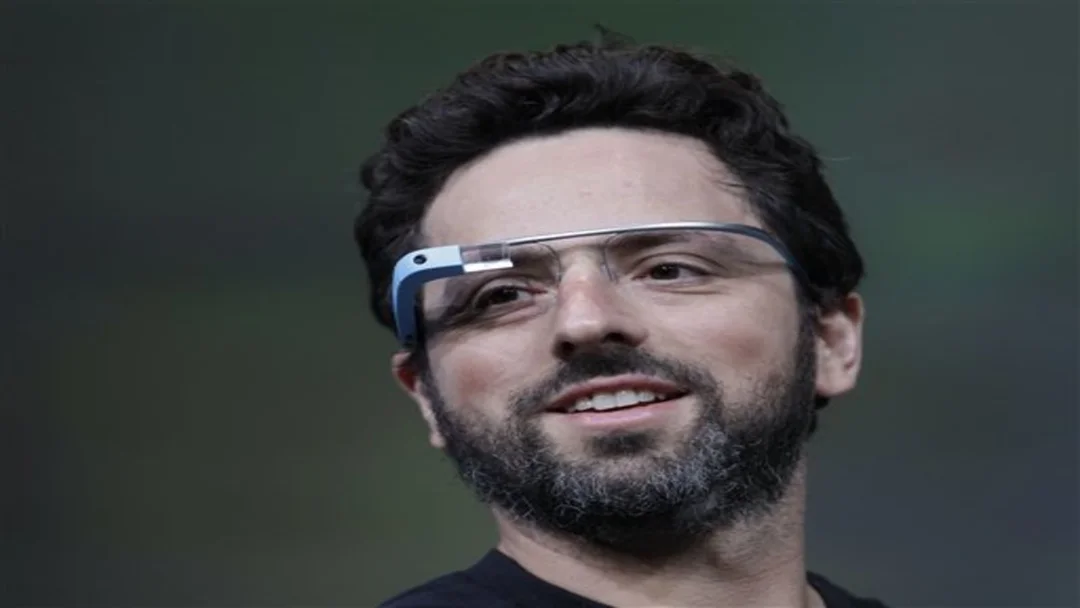
Sergey Brin’s AI Comeback: Reviving Google’s Innovation and Smart Glasses Dreams
Google co-founder Sergey Brin has emerged from retirement to actively contribute to the company's artificial intelligence endeavors, marking a significant shift in strategy. His renewed involvement underscores the intensifying race to dominate the generative AI landscape, particularly with Google's flagship platform, Gemini. Brin's return signal a commitment to pushing the boundaries of AI capability and reclaiming Google's position as a leader in innovation.
Brin's decision to return to Google, after stepping down in 2019, was spurred by the rise of OpenAI and the transformative potential of AI. "Honestly, anybody who's a computer scientist should not be retired right now," Brin stated, emphasizing the unprecedented opportunity in AI. His focus is on training Google's latest models, with the ambition of achieving artificial general intelligence (AGI) through Gemini. Google aims for Gemini to be the first true AGI, capable of solving human tasks across various domains.

During a fireside chat at the All-In Summit, Brin had already hinted at his deep involvement, stating he was back to Google working on AI, confirming that Google historically used smaller, task-specific AI models. This time, it is more than just competition. Brin's expertise has been essential in scaling up compute power due to resource constraints from cloud user demand.
Brin's return also signifies Google's renewed interest in smart glasses, learning from past mistakes with Google Glass. "I definitely feel like I made a lot of mistakes with Google Glass, I'll be honest," Brin admitted. He believes that advancements in AI and Android XR offer a new opportunity to create practical and less intrusive wearable devices. The latest attempt features partnerships with companies such as Warby Parker, and Samsung.

Google's partnerships with Warby Parker, Samsung, Qualcomm, Sony, Xreal and Magic Leap, developing new smart glasses are an indicator of this new direction. Google's annual developer conference also included a number of updates to its AI products, including a new high-end subscription service called Google AI Ultra, which costs $249.99 per month.
Will Brin's comeback and the innovative approach to AI and smart glasses revitalize Google's position in the tech world? What are your expectations for Google's Gemini and the future of smart wearable technology? Share your thoughts in the comments below!